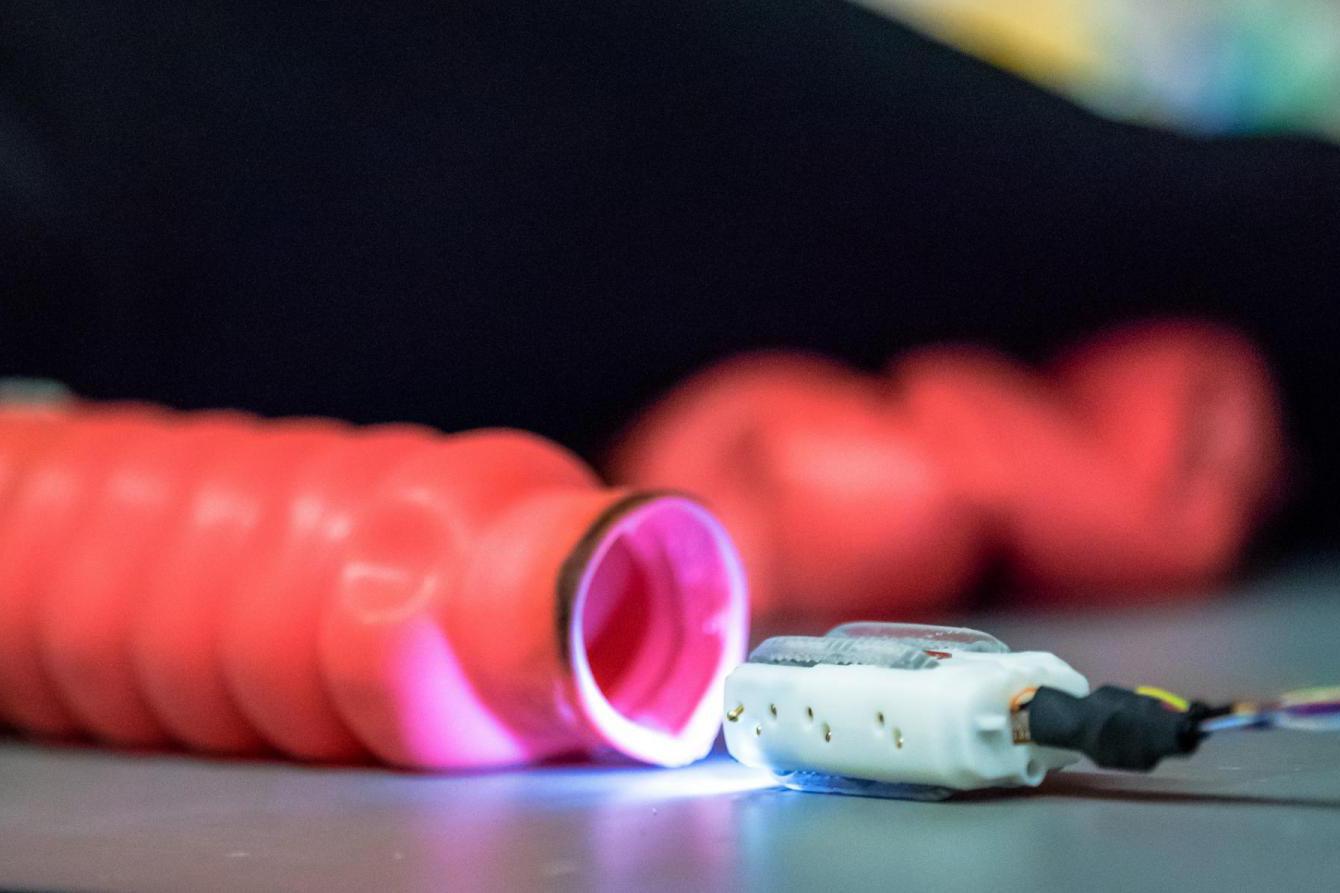

Researchers at the University of Colorado Boulder have created a small machine that could help revolutionize the method of identifying colorectal cancer. It would help make common procedures like colonoscopies easier for patients and more efficient for doctors, engineer Mark Rentschler said.
Tens of thousands of Americans die from colorectal cancer each year. Regular colonoscopies for people age 45 and older are widely considered to be the best way to catch such cancers early.
The robot, called Endoculus, has air and water pumps and a tool to snare worrisome polyps so they can be biopsied. The device is about the size of C battery and moves on four motorized treads.
"So it's sort of a long pill shaped device, if you will,” he said. It has a camera and lighting to help with navigation.
Think of it like a small lunar rover to explore the often-unpredictable landscape inside your intestine and perhaps one day perform colonoscopies with guidance from a doctor.
The idea is to free up doctors’ time, "so that the physician really can sit back and focus on diagnosis and treatment, instead of that arduous task of getting the colonoscope all the way through the colon," Rentschler said.
Rentschler says they're still testing the robot but hope to have it in use in five years.
Editor's Note: A previous version of this story incorrectly spells Mark Rentschler's name and states which CU campus the endoculus team work from.









